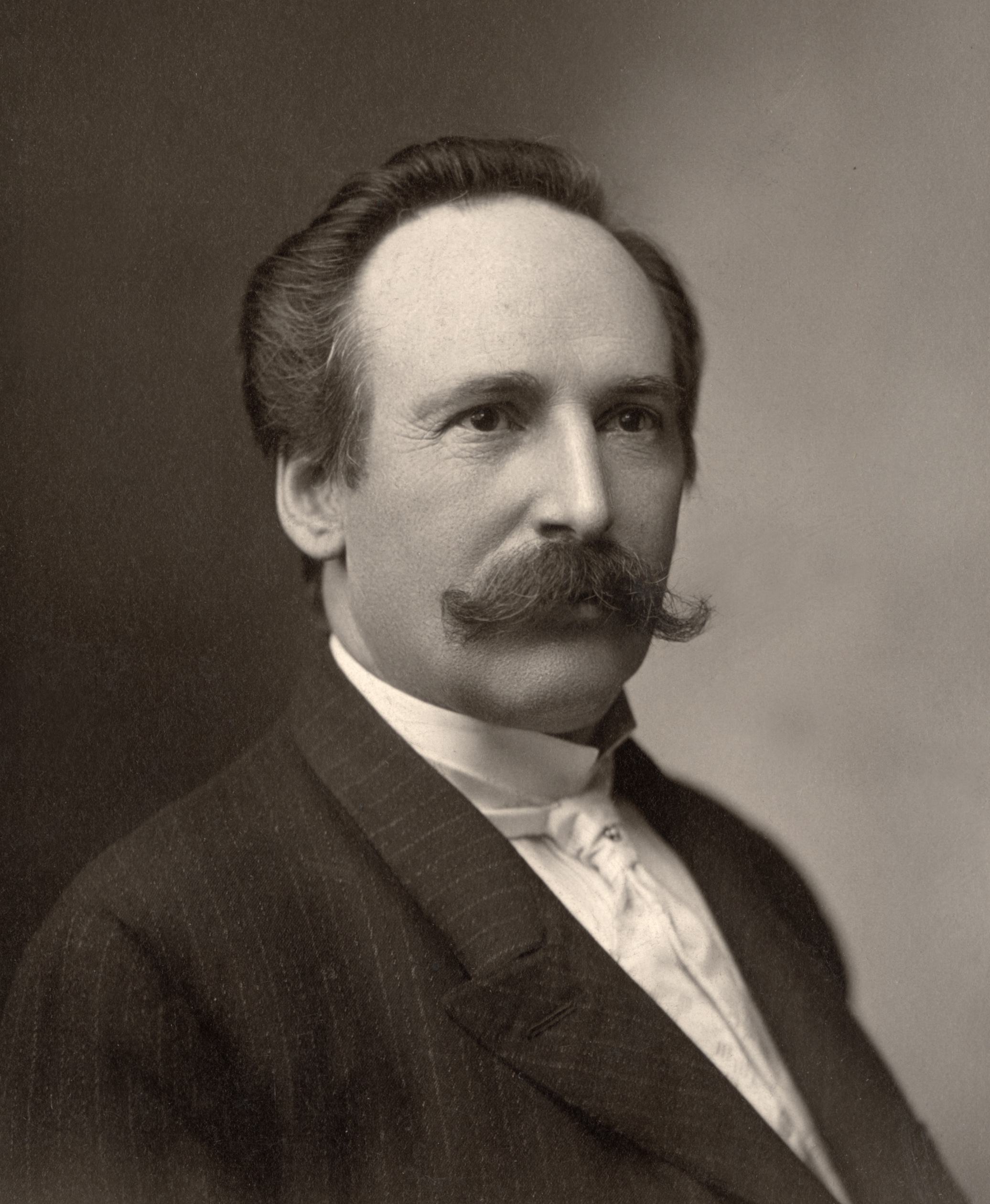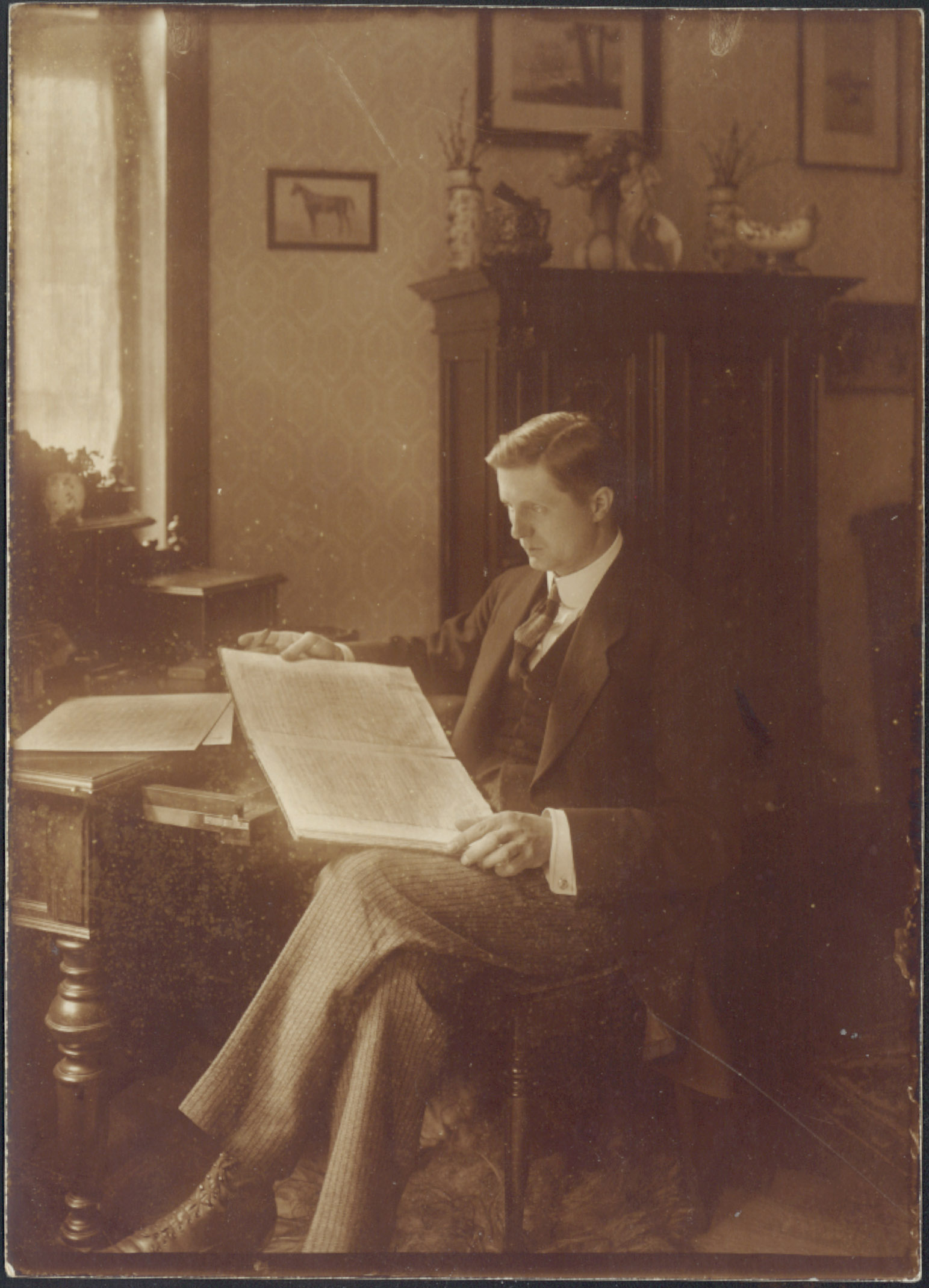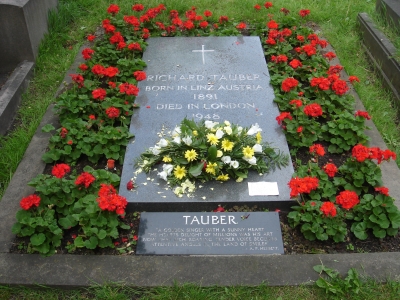|
Anne Roselle
Anne Roselle (born Gyenge Anna; March 20, 1894 – July 31, 1989) was a Hungarian/American operatic dramatic soprano. Early life Roselle was born Gyenge Anna in Târgu Secuiesc (Kézdivásárhely), that time Hungary, now Romania, part of the city's large population of Székely Hungarians. (Some sources give her birthplace as Budapest.) She completed her studies in Csíkszereda (Miercurea Ciuc), Székelyudvarhely (Târgu Secuiesc) and Kolozsvár (Cluj-Napoca). She debuted in Budapest as Iluska in Pongrác Kacsó's "János Vitéz". In 1912, she married the banker Árpád Rosner in Temesvár ( Timisoara), and they together moved to the US in this year, with her mother and stepfather. Roselle acted in Budapest and studied acting with Szidi Rákosi as a young woman. She studied singing with Estelle Liebling in New York City. Career Roselle sang in New York, with the Metropolitan Opera in 1920, as Musetta in ''La bohème.'' She debuted on December 4, 1920, at the side of Frances ... [...More Info...] [...Related Items...] OR: [Wikipedia] [Google] [Baidu] |
Opera
Opera is a form of History of theatre#European theatre, Western theatre in which music is a fundamental component and dramatic roles are taken by Singing, singers. Such a "work" (the literal translation of the Italian word "opera") is typically a collaboration between a composer and a libretto, librettist and incorporates a number of the performing arts, such as acting, Theatrical scenery, scenery, costume, and sometimes dance or ballet. The performance is typically given in an opera house, accompanied by an orchestra or smaller musical ensemble, which since the early 19th century has been led by a conducting, conductor. Although musical theatre is closely related to opera, the two are considered to be distinct from one another. Opera is a key part of Western culture#Music, Western classical music, and Italian tradition in particular. Originally understood as an sung-through, entirely sung piece, in contrast to a play with songs, opera has come to include :Opera genres, numerous ... [...More Info...] [...Related Items...] OR: [Wikipedia] [Google] [Baidu] |
San Carlo Opera Company
The San Carlo Opera Company was the name of two different opera companies active in the United States during the first half of the twentieth century. Henry Russell's San Carlo Opera The first company was founded by impresario Henry Russell, initially as a touring arm of the Teatro di San Carlo of Naples, Italy, in 1904. The company soon became its own institution and toured to The Royal Opera, London, in the Fall of 1905 and Boston in early 1906. The group remained based in Boston and gave tours annually of mostly Italian operas throughout the United States from 1906 to 1909 in addition to giving performances in Boston. With the opening of the Boston Opera House in 1909, the company essentially became the seed for the newly formed Boston Opera Company under the leadership of Russell. Notable singers to perform with Russell's San Carlo Opera Company included sopranos Fély Dereyne, Alice Nielsen, Lillian Nordica, and Tarquinia Tarquini; tenors Florencio Constantino, Riccardo Mar ... [...More Info...] [...Related Items...] OR: [Wikipedia] [Google] [Baidu] |
Philadelphia Orchestra
The Philadelphia Orchestra is an American symphony orchestra, based in Philadelphia. One of the " Big Five" American orchestras, the orchestra is based at the Kimmel Center for the Performing Arts, where it performs its subscription concerts, numbering over 130 annually, at Marian Anderson Hall (formerly Verizon Hall). From its founding until 2001, the Philadelphia Orchestra gave its concerts at the Academy of Music. The orchestra continues to own the Academy, and returns there one week per year for the Academy of Music's annual gala concert and concerts for school children. The Philadelphia Orchestra's summer home is the Mann Center for the Performing Arts. It also has summer residencies at the Saratoga Performing Arts Center, and since July 2007 at the Bravo! Vail Valley Festival in Vail, Colorado. The orchestra also performs an annual series of concerts at Carnegie Hall. From its earliest days the orchestra has been active in the recording studio, primarily for RCA Victor ... [...More Info...] [...Related Items...] OR: [Wikipedia] [Google] [Baidu] |
Wozzeck
''Wozzeck'' () is the first opera by the Austrian composer Alban Berg. Composed between 1914 and 1922, it premiered in 1925. It is based on the drama '' Woyzeck'', which German playwright Georg Büchner left incomplete at his death. Berg attended the first production in Vienna of Büchner's play on 5 May 1914, and knew at once that he wanted to base an opera on it. (At the time, the play was still known as ''Wozzeck'', due to an incorrect transcription by Karl Emil Franzos, who was working from a barely-legible manuscript; the correct title would not emerge until 1921.) From the fragments of unordered scenes left by Büchner, Berg selected 15 to form a compact structure of three acts with five scenes each. He adapted the libretto himself, retaining "the essential character of the play, with its many short scenes, its abrupt and sometimes brutal language, and its stark, if haunted, realism". The plot depicts the everyday lives of soldiers and the townspeople of a rural German-spe ... [...More Info...] [...Related Items...] OR: [Wikipedia] [Google] [Baidu] |
Carnegie Hall
Carnegie Hall ( ) is a concert venue in Midtown Manhattan, New York City. It is at 881 Seventh Avenue (Manhattan), Seventh Avenue, occupying the east side of Seventh Avenue between 56th Street (Manhattan), 56th and 57th Street (Manhattan), 57th Streets. Designed by architect William Burnet Tuthill and built by its namesake, industrialist and philanthropist Andrew Carnegie, it is one of the most prestigious venues in the world for both classical music and popular music. Carnegie Hall has its own artistic programming, development, and marketing departments and presents about 250 performances each season. It is also rented out to performing groups. Carnegie Hall has 3,671 seats, divided among three auditoriums. The largest one is the Stern Auditorium, a five-story auditorium with 2,804 seats. Also part of the complex are the 599-seat Zankel Hall on Seventh Avenue, as well as the 268-seat Joan and Sanford I. Weill Recital Hall on 57th Street. Besides the auditoriums, Carnegie Hall ... [...More Info...] [...Related Items...] OR: [Wikipedia] [Google] [Baidu] |
Aida
''Aida'' (or ''Aïda'', ) is a tragic opera in four acts by Giuseppe Verdi to an Italian libretto by Antonio Ghislanzoni. Set in the Old Kingdom of Egypt, it was commissioned by Cairo's Khedivial Opera House and had its première there on 24 December 1871, in a performance conducted by Giovanni Bottesini. Today the work holds a central place in the operatic canon, receiving performances every year around the world. At New York's Metropolitan Opera alone, ''Aida'' has been sung more than 1,100 times since 1886. Ghislanzoni's scheme follows a scenario often attributed to the French Egyptologist Auguste Mariette, but Verdi biographer Mary Jane Phillips-Matz argues that the source is actually Temistocle Solera. Elements of the opera's genesis and sources Isma'il Pasha, Khedive of Egypt, commissioned Verdi to write an opera to celebrate the opening of the Suez Canal, but Verdi declined. However, Auguste Mariette, a French Egyptologist, proposed to Khedive Pasha a plot for a cele ... [...More Info...] [...Related Items...] OR: [Wikipedia] [Google] [Baidu] |
Maria Olszewska
Maria Olszewska (Olczewska, also Marie Berchtenbreitner; 12 August 1892 – 17 May 1969) was a German operatic dramatic contralto. Biography Olszewska was born in , Germany. She studied singing in Munich with Karl Erler before beginning her career singing in operettas in that city in 1913. She made her first opera appearance in 1915 as the Page in Richard Wagner's '' Tannhäuser'' at the opera house in Krefeld. Soon after she was engaged at the Oper Leipzig up through 1919. Olszewska left Leipzig to join the Hamburg State Opera, where she was engaged from 1919 to 1922. While there, she notably portrayed Brigitta/Lucienne in the world co-premiereThe opera was premiered simultaneously in Hamburg and Cologne. of Erich Wolfgang Korngold's ''Die tote Stadt'' on 4 December 1920. While singing in Hamburg, she was appointed to the roster of artists at the Vienna State Opera (VSO) in 1921 where she sang through 1923. She was a member of the Bavarian State Opera in Munich from 1923 to 19 ... [...More Info...] [...Related Items...] OR: [Wikipedia] [Google] [Baidu] |
Georges Thill
Georges Thill (14 December 1897 – 17 October 1984) was a French opera singer, often considered to be his country's greatest lyric-dramatic tenor. Born in Paris, his career lasted from 1924 to 1953, peaking during the 1930s. Career A pupil of the Neapolitan tenor Fernando De Lucia (1860–1925), Thill made his operatic debut at the Paris Opéra in 1924, and he continued to appear there and at the Opéra-Comique for several decades, undertaking a busy schedule of performances. In addition, he sang throughout Europe and in South America, receiving the acclaim of audiences and critics at La Scala, Milan, the Rome Opera, the Verona Arena, the Vienna State Opera, the Teatro Colón, Buenos Aires, and the Royal Opera House, Covent Garden, London. He also gave 14 performances, of seven roles, across two seasons (1931–1932), at the Metropolitan Opera in New York City; but he had difficulty fitting in with the unfamiliar American cultural environment, experiencing health difficultie ... [...More Info...] [...Related Items...] OR: [Wikipedia] [Google] [Baidu] |
Fritz Busch
Fritz Busch (13 March 1890 – 14 September 1951) was a German conductor. Busch was born in Siegen to a musical family and studied at the Cologne Conservatory. After army service in the First World War, he was appointed to senior posts in two German opera houses. At the Stuttgart Opera (1918 to 1922) he modernised the repertory, and at the Dresden State Opera (1922 to 1933) he presented world premieres of operas by Richard Strauss, Ferruccio Busoni, Paul Hindemith and Kurt Weill among others. He also conducted at the Bayreuth and Salzburg Festivals. Being an ardent Anti-Nazi, Busch was dismissed from his post as director at Dresden in 1933 and made most of his later career outside Germany. He conducted in New York and London, but his main bases were Buenos Aires, where he was in charge at the Teatro Colón for several opera seasons in the 1930s and 1940s; Copenhagen and Stockholm, conducting the Danish Radio Symphony Orchestra and the Stockholm Philharmonic; and Glyndebourn ... [...More Info...] [...Related Items...] OR: [Wikipedia] [Google] [Baidu] |
Richard Tauber
Richard Tauber (16 May 1891, Linz – 8 January 1948, London) was an Austrian lyric tenor and film actor. He performed the tenor role in numerous operas, including ''Don Giovanni'' by Mozart and Lorenzo Da Ponte. Early life Richard Tauber was born in Linz, Austria, to Elisabeth Seifferth (née Denemy), a widow and actress who performed soubrette roles at the local theater, and Richard Anton Tauber, an actor. His parents were not married, and his father was reportedly unaware of his birth as he was touring North America at the time. The child was named Richard Denemy. He was sometimes known as arlRichard Tauber and also used his mother's married name, Seiffert; however, the claim by the ''Encyclopædia Britannica'' that he was ever known as Ernst Seiffert is not supported by any of the 12 published books and monographs about him listed in Daniel O'Hara's comprehensive Richard Tauber Chronology. After being adopted by his father in 1913, his legal name became Richard Denemy-Tauber ... [...More Info...] [...Related Items...] OR: [Wikipedia] [Google] [Baidu] |






